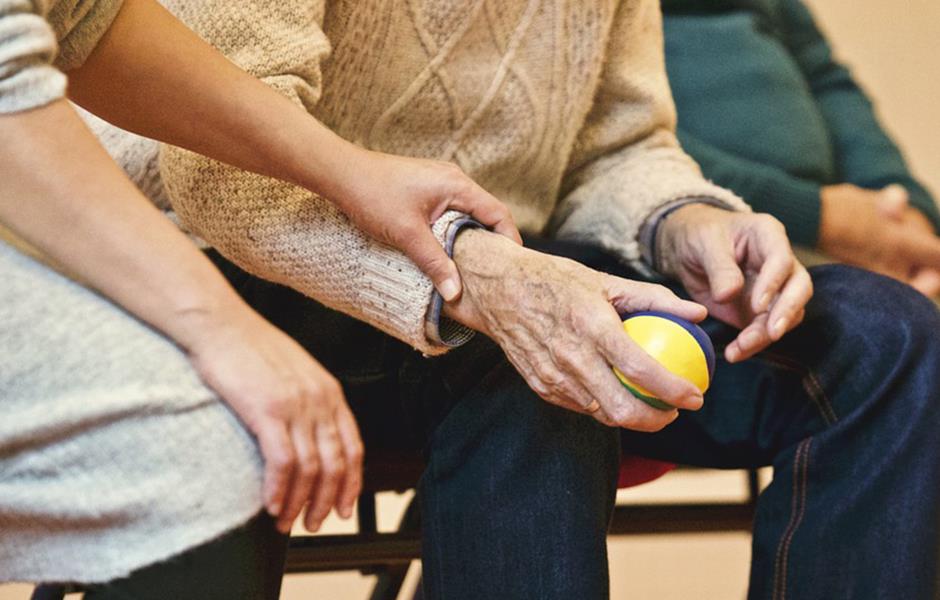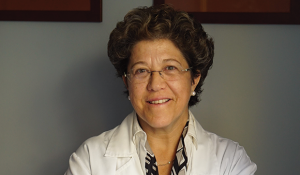A study carried out by researchers from CINTESIS (Center for Health Technologies and Services Research) concluded that the majority (67%) of the relatives of elderly persons who suffered from acute confusional state during hospitalization endured great psychological deterioration, compromising their mental health. The study was published in the journal Aging & Mental Health.
Acute confusional syndrome affects about half of the elderly who are hospitalized. “It is a serious and frequent neuropsychiatric problem, characterized by a change in attention, awareness, and cognition (e.g., disorientation, memory loss, language and visuospatial capacity impairment, or change of perception), of fluctuating progression and underlying organic cause,” explain the authors. For this reason, this syndrome, often unrecognized, is associated with a longer period of hospital stay, early institutionalization, dementia and greater risk of death
When elderly go through a traumatic experience, such as a fall, which triggers a visit to the emergency unit and a subsequent hospitalization, they may develop this syndrome. Patients who recall these episodes speak of an “extremely distressing experience, in which reality and unreality mingle, occurring hazy thoughts, lack of control, fear, anxiety, feelings of threat, hallucinations, and inability to communicate with relatives and health professionals”, contextualizes Sónia Martins, first author of this work and a researcher at CINTESIS.
Lia Fernandes, responsible for the study and researcher in the field of Ageing and Mental Health of CINTESIS, explains that “the aim was to study the impact of this problem that is so recurrent in the elderly and has such repercussions on their relatives and health professionals. For that, since 2010 a multidisciplinary team involving physicians, nurses, psychologists and researchers from CINTESIS and from the Faculty of Medicine of the University of Porto, has been working with the Intensive Care Service of the Hospital Center of São João (CHSJ in Portuguese) under the coordination of José Arthur Paiva.
The researchers implemented the study in two of the Intermediate Care Units of the CHSJ, between September and December 2016. 42 patients were evaluated, of which 28.6% developed acute confusional syndrome. Of the 42 patients, 32 relatives were present at the time of admission.
Most of the recruited relatives were daughters, married, and near 50 years of age. 36% of those were cohabiting with their elderly. The health professionals included in the study corresponded to 12 nurses, 33 years old on average, most with more than 10 years of professional experience.
On a scale from 0 to 4, the levels of psychological burden of the relatives of these elderly were 3 on average, and 67% reported severe levels of psychological distress. Among nurses, the rate was 42%.
“To watch a close relative under the effect of this syndrome is a remarkable experience for their relatives. This should be recognized and minimized. The level of psychological distress reported by these relatives is considerable and it deserves to be recognized and treated,” says Lia Fernandes, who is also a psychiatrist at the CHSJ.
Nurses are especially affected when these patients become very agitated, interfering with the care they are delivering and with their own safety. The authors therefore advocate for the development of a systemic approach to the management of this acute confusional syndrome during hospitalization, focusing not only on patients but also on the needs of relatives and nurses.
“Family members may benefit from supportive interventions and psycho-educational programs. The nursing team needs support and specialized training, especially when dealing with the psychomotor agitation of the elderly, ” summarizes Lia Fernandes, anticipating the need for a follow-up of these patients who suffered from acute confusional syndrome, as well as their relatives and carers.
The study was funded by the Portuguese Foundation for Science and Technology (FCT), and had the collaboration of Elika Pinho, Raquel Correia, Emília Moreira, Luís Lopes and Luís Azevedo.



